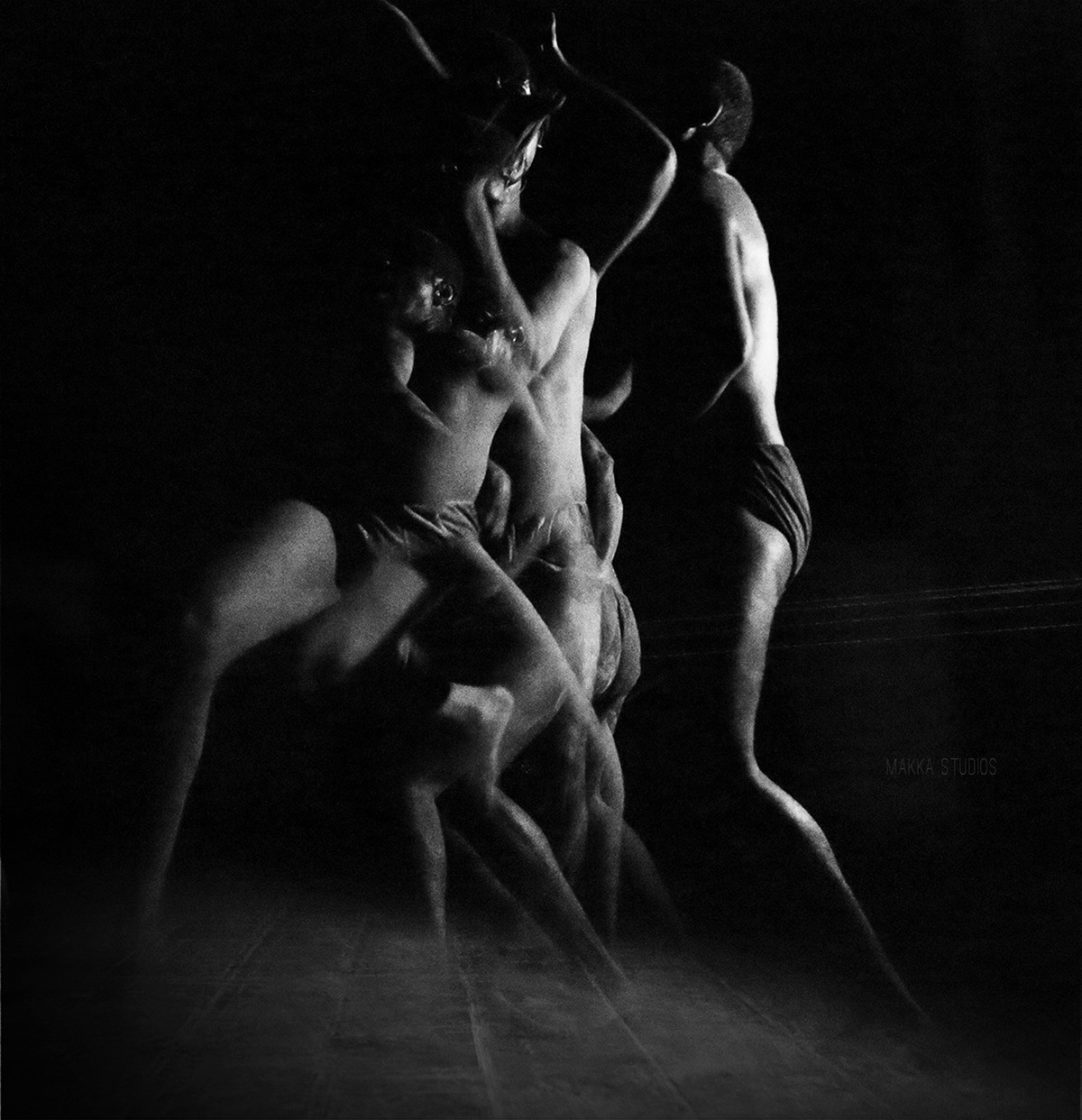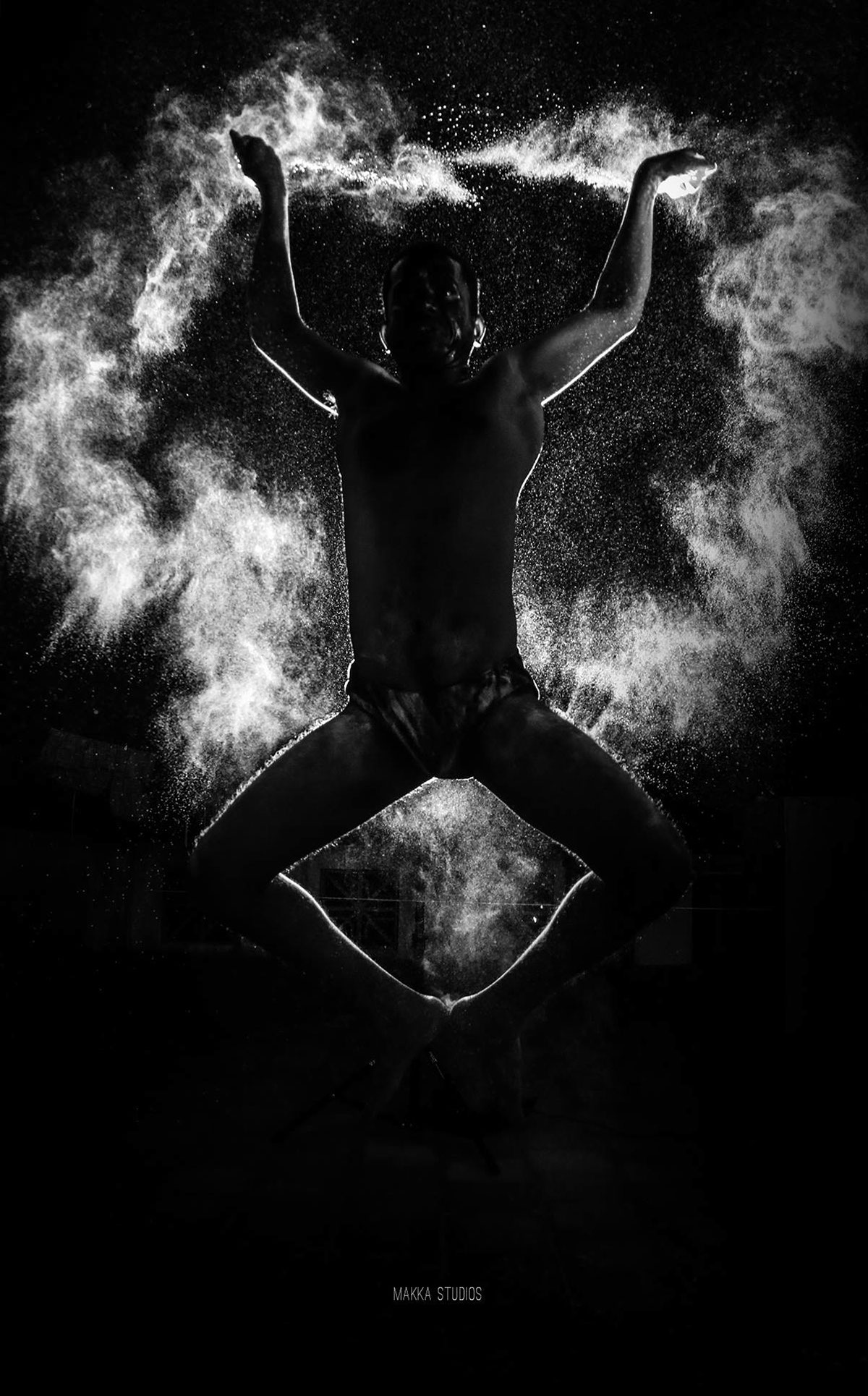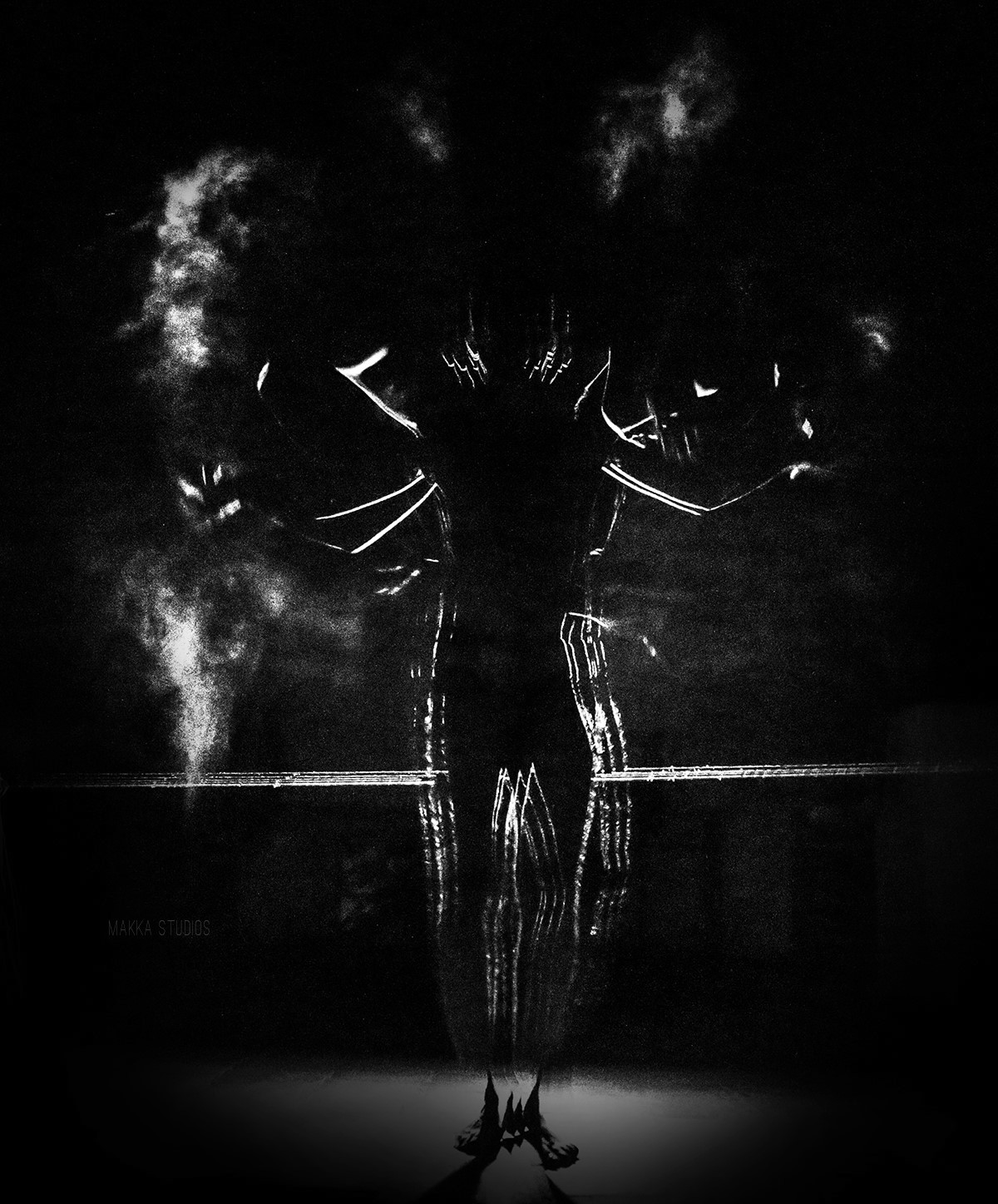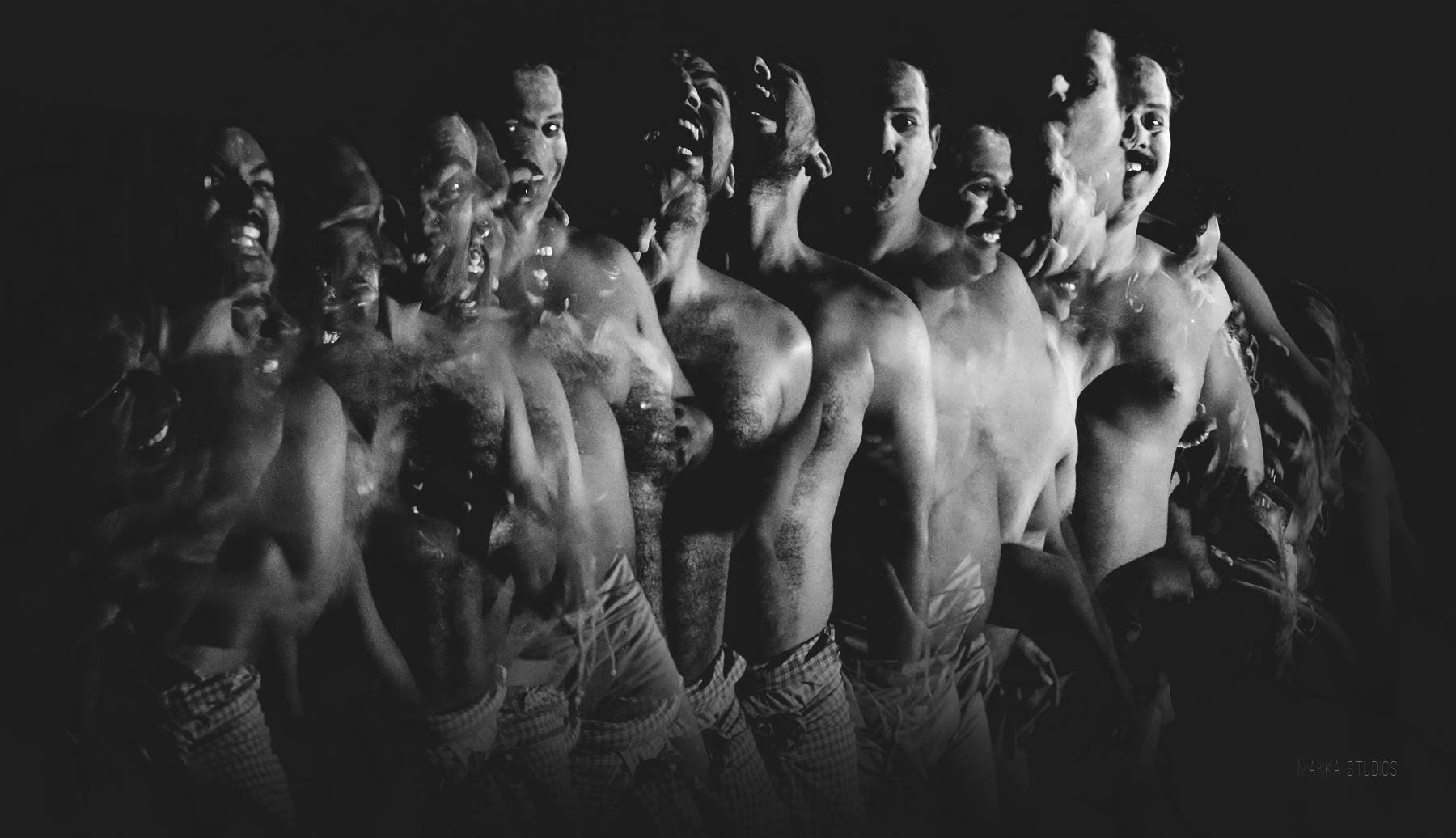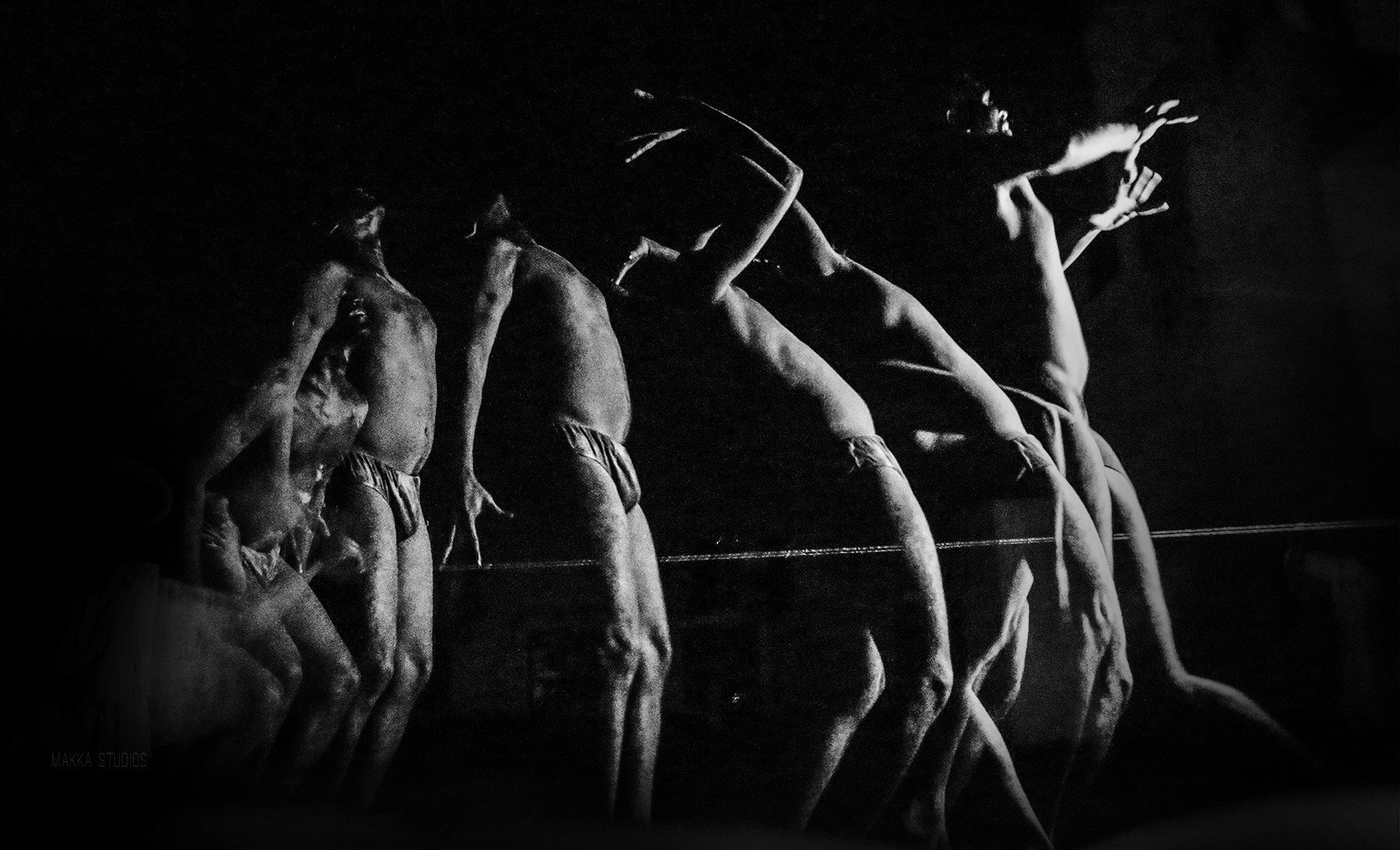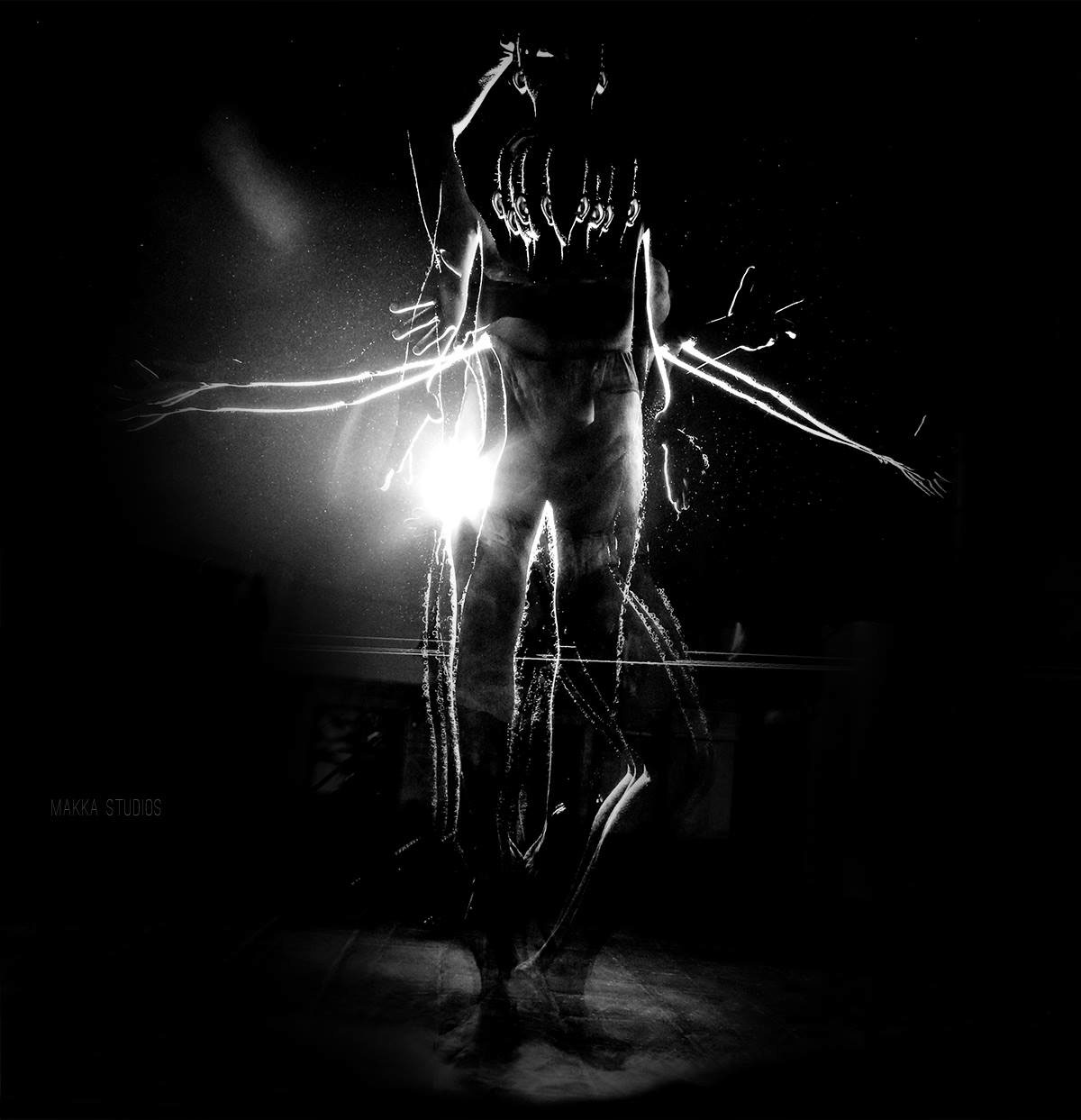The Innerself
The jouney through innerself
Awareness is something apart from, and different from, all that of which we are aware: thoughts, emotions, images, sensations, desires and memory. Awareness is the ground in which the mind's contents manifest themselves; they appear in it and disappear once again.
I use the word 'awareness' to mean this ground of all experience. Any attempt to describe it ends in a description of what we are aware of. On this basis some argue that awareness per se doesn't exist. But careful introspection reveals that the objects of awareness — sensations, thoughts, memories, images and emotions — are constantly changing and superseding each other. In contrast, awareness continues independent of any specific mental contents.
Awareness may vary in intensity as our total state changes, but it is usually a constant. Awareness cannot itself be observed, it is not an object, not a thing. Indeed, it is featureless, lacking form, texture, colour, spatial dimensions. These characteristics indicate that awareness is of a different nature than the contents of the mind; it goes beyond sensation, emotions, ideation, memory. Awareness is at a different level, it is prior to contents, more fundamental. Awareness has no intrinsic content, no form, no surface characteristics — it is unlike everything else we experience, unlike objects, sensations, emotions, thoughts, or memories.
Thus, experience is dualistic, not the dualism of mind and matter but the dualism of awareness and the contents of awareness. To put it another way, experience consists of the observer and the observed. Our sensations, our images, our thoughts — the mental activity by which we engage and define the physical world — are all part of the observed. In contrast, the observer — the 'I' — is prior to everything else; without it there is no experience of existence. If awareness did not exist in its own right there would be no 'I'. There would be 'me', my personhood, my social and emotional identity — but no 'I', no transparent centre of being
When all lesser things and ideas are transcended and forgotten, and there remains only a perfect state of imagelessness where Tathagata and Tathata are merged into perfect Oneness . .
Thanks:Arthur deikman , Selva , Chenthil , Vijay and Gowri
I use the word 'awareness' to mean this ground of all experience. Any attempt to describe it ends in a description of what we are aware of. On this basis some argue that awareness per se doesn't exist. But careful introspection reveals that the objects of awareness — sensations, thoughts, memories, images and emotions — are constantly changing and superseding each other. In contrast, awareness continues independent of any specific mental contents.
Awareness may vary in intensity as our total state changes, but it is usually a constant. Awareness cannot itself be observed, it is not an object, not a thing. Indeed, it is featureless, lacking form, texture, colour, spatial dimensions. These characteristics indicate that awareness is of a different nature than the contents of the mind; it goes beyond sensation, emotions, ideation, memory. Awareness is at a different level, it is prior to contents, more fundamental. Awareness has no intrinsic content, no form, no surface characteristics — it is unlike everything else we experience, unlike objects, sensations, emotions, thoughts, or memories.
Thus, experience is dualistic, not the dualism of mind and matter but the dualism of awareness and the contents of awareness. To put it another way, experience consists of the observer and the observed. Our sensations, our images, our thoughts — the mental activity by which we engage and define the physical world — are all part of the observed. In contrast, the observer — the 'I' — is prior to everything else; without it there is no experience of existence. If awareness did not exist in its own right there would be no 'I'. There would be 'me', my personhood, my social and emotional identity — but no 'I', no transparent centre of being
When all lesser things and ideas are transcended and forgotten, and there remains only a perfect state of imagelessness where Tathagata and Tathata are merged into perfect Oneness . .
Thanks:Arthur deikman , Selva , Chenthil , Vijay and Gowri
